Last week marked a huge moment for both the history of music, and strangely enough, the history of artificial intelligence. The Beatles, one of the most influential bands of all time, released their final song, a project that has spent half a century in production – and only made possible through AI.
The song itself is by no means new – John Lennon originally wrote the song sometime around 1977 (almost a decade after the Beatles broke up) and recorded it as a piano demo at his home at the Dakota in New York City. The tape cassette stayed with Lennon until his death, and then passed on to his wife, Yoko Ono. In 1994, Ono gave the tape to Paul McCartney, alongside a number of other unfinished songs and demos from Lennon’s home office.
These new songs would be brought into studio with the other three Beatles (McCartney, George Harrison, and Ringo Starr) in 1995 where they would be completed and released as part of the multimedia Beatles Anthology project. At least, that was the case for two of the songs, “Free as a Bird” and “Real Love.” However, “Now and Then” proved to be much more difficult, being the most unfinished of all the songs, and the cassette itself having a technical defect that made it extremely difficult to hear Lennon’s voice over the piano.
For these reasons, the project would be shelved after a few days of attempts, with limited recording done. It also didn’t help that the Beatles guitarist, George Harrison, hated the recording. McCartney later stated that Harrison called Lennon’s demo recording “f*cking rubbish”, and told music magazine Q in 1997 that “George didn’t like it. The Beatles being a democracy, we didn’t do it.”
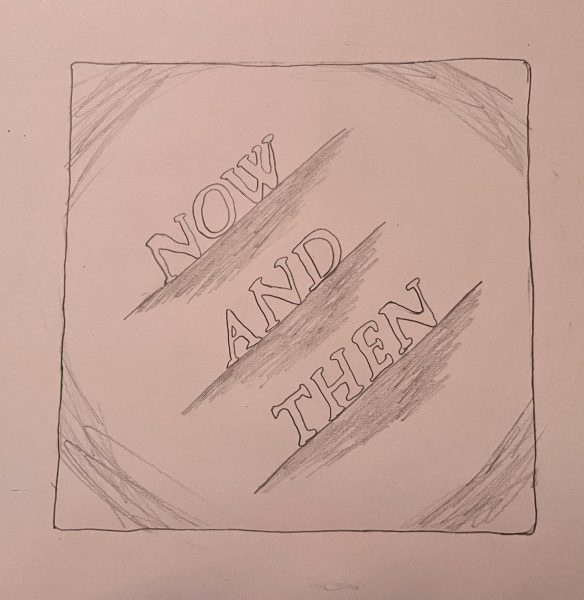
Despite this, McCartney never gave up hope on the song, bringing up his intention to finish it in interviews every couple of years, even well after Harrison died in 2001. It’s rumored that Lennon’s last words to McCartney, his oldest songwriting friend, were “Think about me every now and then, old friend.”. If this was the case, McCartney’s insistence on finishing the song might be attributed to creating a proper goodbye to his lifelong companion.
Problem was, the technology was never advanced enough to properly salvage Lennon’s voice from his cassette recording. That was, until the 2021 documentary The Beatles: Get Back.
The documentary, produced by famed Lord of the Rings director Peter Jackson, covered the tumultuous production of the Beatles last album, Let it Be. The documentary largely uses unused footage and audio material captured for the 1970 documentary Let It Be, also about the album. Jackson and his production company WingNut Films developed advanced audio restoration technology for the film which they used to pull the Beatles voices out of the original recordings. They would use this not only for the documentary, but also for the 2022 mix of their album Revolver.
With this new technology available, McCartney commissioned Jackson to pull Lennon’s voice out of the tape of “Now and Then”, which was done within minutes.
“They said this is the sound of John’s voice,” McCartney said in the 12 minute short film accompanying the sound, which details the 50 year long production. “A few seconds later, or however long it took, there it was. John’s voice. Crystal clear.”
The song would then be mixed with Harrison’s guitar track from the failed 1995 recordings, backing vocals from both McCartney and Starr, piano by McCartney, and drums by Starr, all produced by Giles Martin, son of Beatles producer George Martin.
The song itself is lyrically similar to other apologetic love songs Lennon wrote in the latter half of his career, with lyrics focused on a lover long gone. Though, as McCartney has noted in interviews, set within the context of being the last Beatles song, the lyrics now take on a second meaning as a nostalgic look back on what the Beatles once were.
It’s doubtful that Lennon had the other Beatles in mind when writing the song, but it’s clear that it has now become a song about the band, particularly with McCartney singing alongside Lennon for a few verses, and with lyrics like “Now and then I miss you / Now and then I want you to be there for me” expressing the yearning for what their bond was.
It’s hard to see why Harrison had such strong objections to the song. It’s clearly not meant to upstage classics like Strawberry Fields Forever or A Day in the Life, but it was never intended to be – it’s a simple reflective piano ballad, and particularly in the context of being a post-breakup Beatles release, packs an emotional, nostalgic blow that punches far above it’s weight.
The song was released alongside a new mix of the band’s first song, ‘Love Me Do’, serving as bookends to the Beatles long history. Both songs are also due to be released on the expanded reissues of the 1973 compilations 1962–1966 and 1967–1970, which compiled the band’s greatest hits, to be released on 10 November 2023. An accompanying music video was also released, directed by Jackson.
The single has been a success for the Beatles, becoming the number one most listened to song on Spotify in the UK and number 15 globally, bringing the band back into a brief limelight as fans the world over look back on the band’s, now complete, catalog.
Critically, the song has found responses from both sides of the spectrum. Many consider it to be a worthy finale for the band, with its wistful, somber lyrics providing a worthy conclusion to a band long gone. On the other hand, many have found themselves unsettled by the use of AI, with computers ‘recreating’ Lennon’s voice. While that isn’t what the technology is doing, listening to the song with the knowledge that the recording is Lennon singing at age 37 almost 50 years ago, right alongside McCartney singing at age 81 in the present day, produces some warranted feelings of uneasiness.
The implication the technology brings to music is immense – older bands such as the Beatles, especially ones with a wealth of unused material, now have the potential to finish what they had started, and introduce younger audiences to their works. Whether or not the Beatles will find any other material to use it on is unclear – but Jackson has expressed interest in bringing the technology into wider use.
Even beyond music, there is great potential for the technology to be used on other audio recordings which have been distorted by other sounds, or that have technical defects that makes hearing them difficult, such as government recordings in the National Archives.
The band has released the song on digital, CD, vinyl, and a cassette box set – which of course I had to buy. I don’t own a cassette player, but it isn’t everyday a band like the Beatles releases their last song. I would highly recommend giving the song a listen, if only to bid a final farewell to one of the most influential bands in modern history.
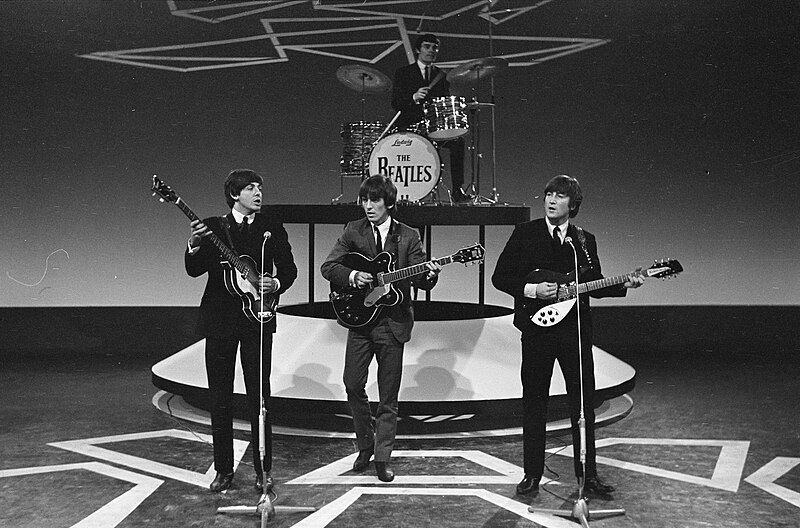



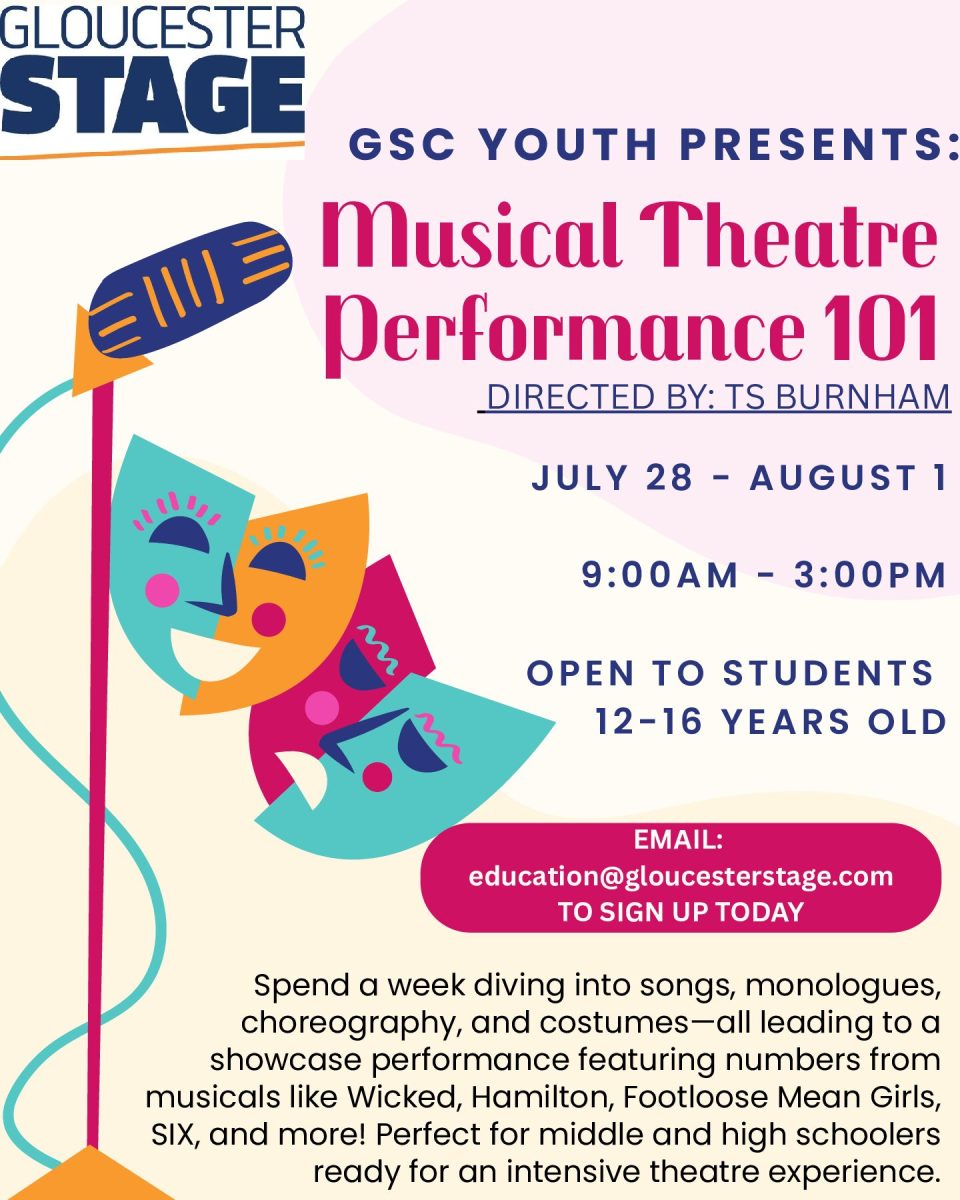

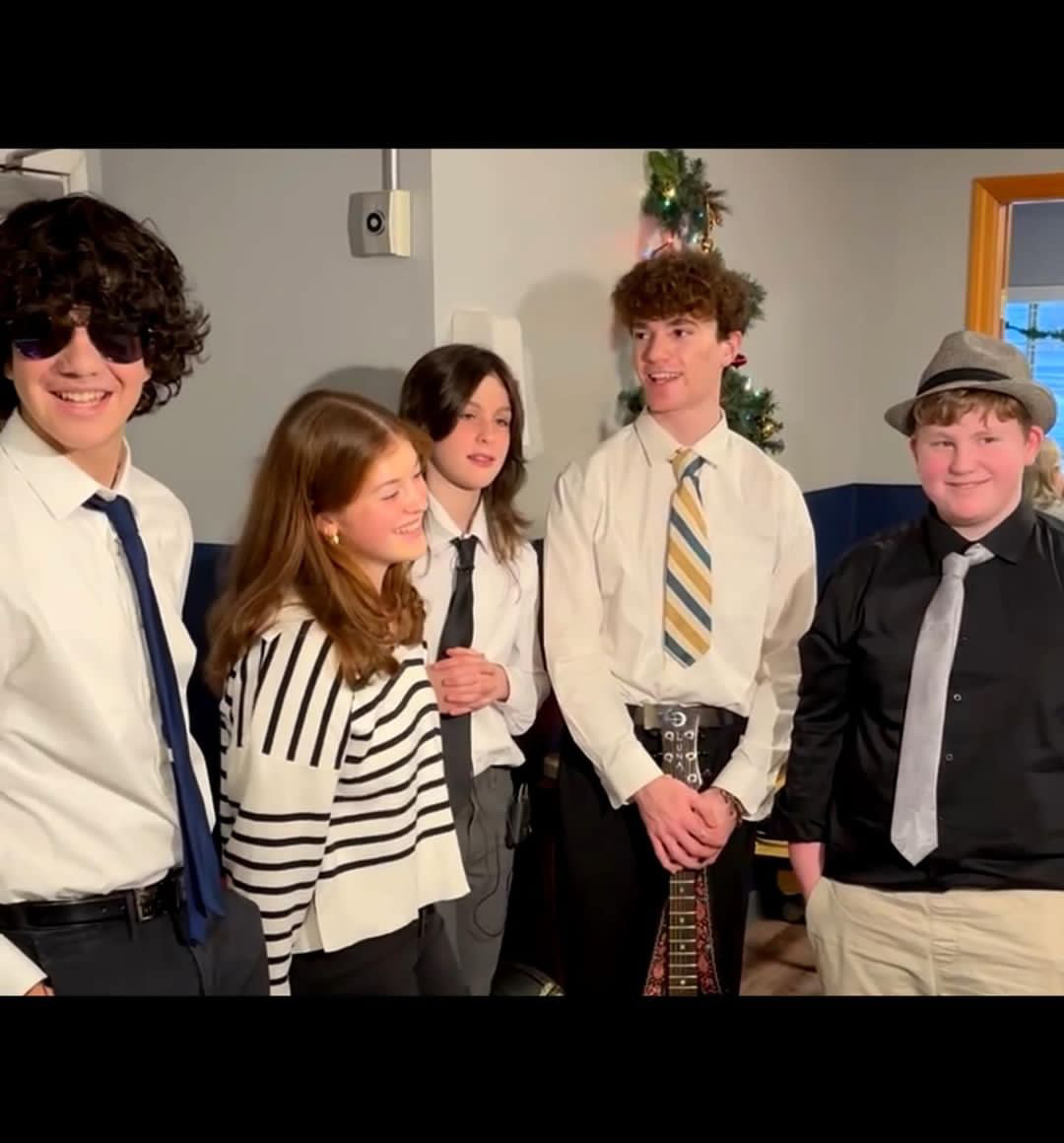
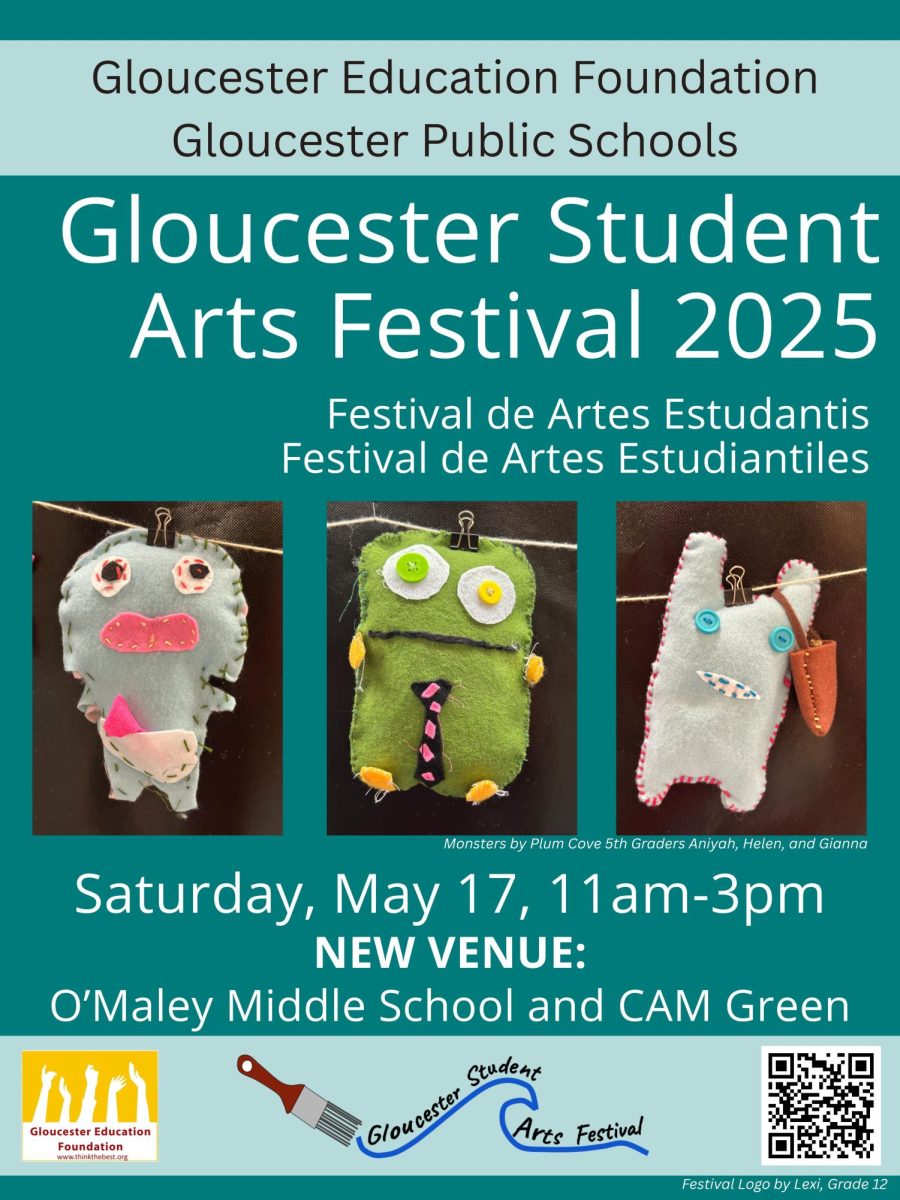





Tom Gagne • Nov 10, 2023 at 2:42 pm
Wonderful article, Finn!
Great job!